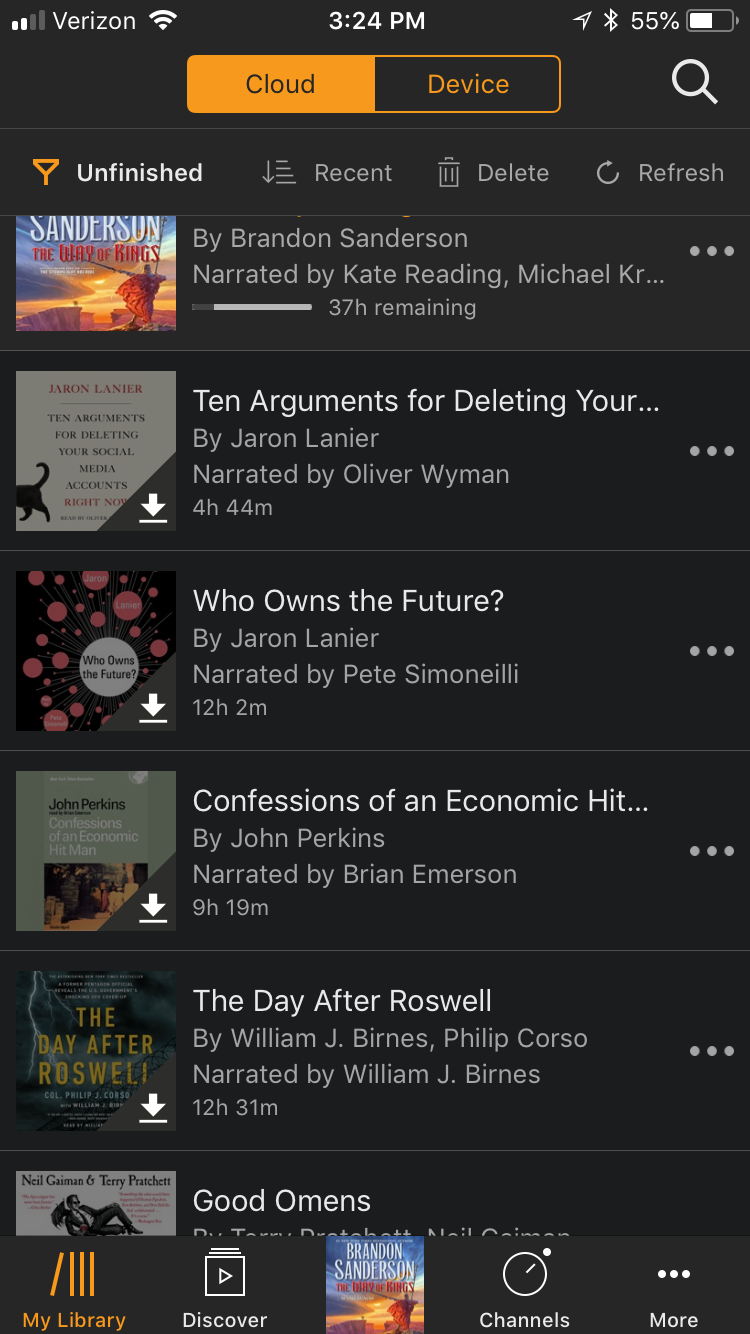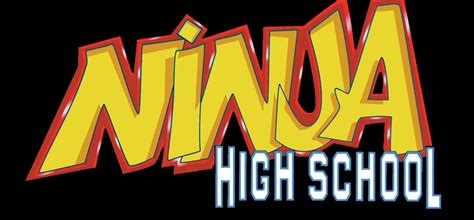We're left with a cast and crew of super models, and an optometrist's bill costing thousands in gold-pressed latinum due to all the damn lens flares. I hate the new Star Trek movies because of what they removed. I understand the importance of a long running series and would hate to see it go away.
However I also see the reason for a fresh new start. NHS began in the late 80s. The comic book industry is a very different place in 2018. Social Media and smart phones have left us with the attention spans of goldfish. And for Ninja High School to be successful, it needs to recapture its fan-base and attract a hip new audience. For this, I am proposing the patent-pending CGMcGinn Cake and Eat it Too gambit of comic book reboots.
But first, let's look at DC Comic's "New 52" for the extent of this paragraph. Specifically we'll be talking about Batgirl. Prior to New 52, Barbara Gordon was Oracle, a computer hacker extraordinaire, member of the Birds of Prey, who also helped Batman from time to time. Prior to that she was Batgirl, but thanks to Alan Moore and the Joker, she'd been rendered bound to a wheelchair and her Batgirl position was reassigned. New 52 happened and thanks to a vague surgical procedure, Barbara could walk again, was reinstated as Batgirl and went back to fighting crimes in cape and cowl.
This is an example of a soft reboot. Batgirl remembers her life prior to New 52 as Oracle, but for the extent of the New 52 run, she is doing the whole Batgirl, walking-thing again. It's a Batgirl story, not an Oracle story. The origin story wasn't retold. It was a continuation of the character's arch, but at the same time a reinvention of the character.
This sort of reboot was possible because Batgirl is a superhero. She's timeless like the Simpsons. She can be college age forever. What defines her is her ability to kickass like Batman, but she comes at it from a very different perspective. She's a woman. Her motives are very different. Because of The Killing Joke--thanks a bunch Alan Moore, you too Joker--she's darker, but because of her ability to walk again that darkness gives way to rays of optimism.
Anyway, enough about Batgirl. Jeremy Feeple is not a superhero, nor is he secretly Batgirl (as far as I know). Part of the original run involves his awkward trek to adulthood. I think part of the appeal to a book like NHS was watching Jeremy stumble towards adulthood, finding and falling out of love, dealing with bullies, and getting into the occasional skirmishes with aliens, monsters, and ninjas.
The Cake and Eat it Too gambit
Issue #176 is the new Star Trek movies, only better. It's new Star Trek because the timeline is reset. It's better, because screwing with Time is not an exact science and events that we read about in the initial NHS run, happen differently.
Here are some bullet-points:
This would be a full reboot of the series
Jeremy Feeple is 16
Because time is wonky, the reboot starts in 2018 instead of 1986
In the initial series, Jeremy's mom took care of Jeremy and his younger brother, Ricky because their father got trapped in Dimension X when Jeremy was very young. Since mom was the one taken out of time to save the universe in #176, the reboot will have Jeremy and Ricky being raised by their father. Where is mom? Do the Feeple's know? It's a new wrinkle in the reboot.
More on mom: She is one of the few characters who knows about the 2 different timelines. This could come into play later in the series or not at all. But she could be a guiding force in Jeremy's success.
The war between Sulusian and Zardon has changed dramatically in some way. Perhaps Zardon is no longer the antagonists in the conflict. Perhaps the war has yet to begin. Perhaps the Sulusian royal family is not as well liked as they were in the initial series.
Asrial had always been handy, mechanical and less girly. This is more apparent because her royal family status no longer means as much. Perhaps the whole Princess in Exile angle is less imposed by her royal parents and more to do with conflicts at home.
Since Prof Steamhead was also removed from time in #176, someone else fills his place as a mentor to Jeremy. Their motives may not be noble, and could possibly be downright malevolent.
Rivalsan Lendo keeps having nightmares about Hell. This is in reference to the plotline in the initial series where Lendo indeed goes to Hell in order to rescue Jeremy's soul. This was a favorite plotline of mine. Lendo is also less of a dick to Jeremy, probably because of the dreams.
WW2 Ends differently. The Allies still win, but with greater losses. Steamhead isn't around. Hitler is taken alive. Ichi's grandfather is a different kind of Ninja Clan leader.
9/11 happened. Quagmire was a target. Perhaps Tomorrowman failed to stop it in time. Perhaps Tomorrowman was never able to get over this and all those who were lost that day.
Something HUGE is happening in Hawaii. ;-p
There's no rats in Dimension X. None.
Dogsupreme is no longer a slave to Zardon and is the Thanos of the known universe.
Well this was a very long post. Level 100 Fan-Boy in the house, yo!




















